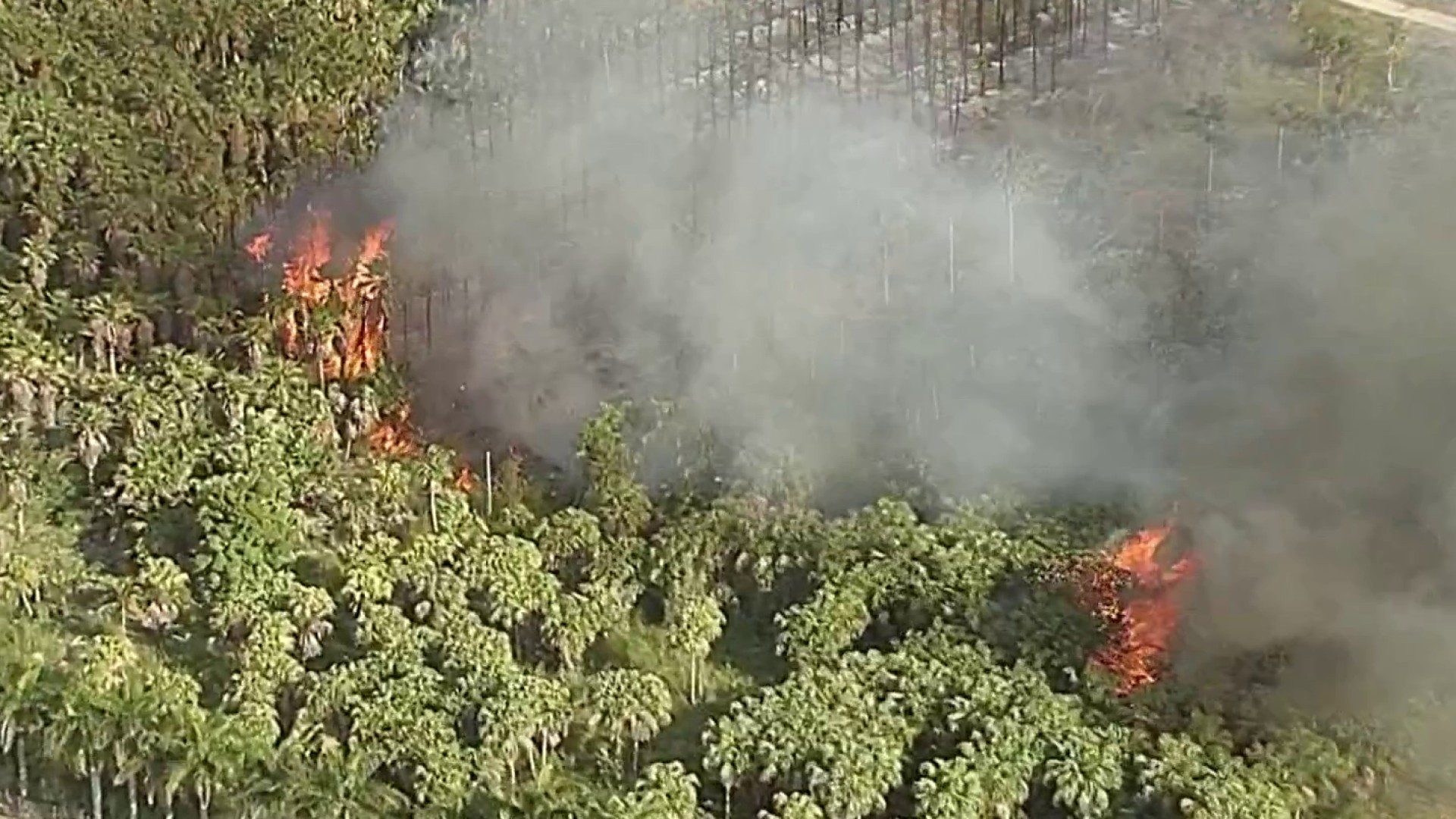Every day, police officers make decisions that could change their lives of others forever.
The use of force has become a polarizing issue across the country.
Shoot or don't shoot?
Thomas Salerno is one of the veteran training officers at the Miami-Dade Police Department.
He took me through several officer training scenarios where I had to decide whether to use my gun.
All began the same, with me facing the wall.
Men were coming at me with knives and other weapons as fellow officers yelled out for help.
Local
It was a blur.
And, it was up to me to decide how to handle what was thrown at me.
I did my best to de-escalate these situations.
I never fired my weapon, even when a gunman came to murder me.
"We don't teach anybody to die here," said Salerno.
I quickly learned the answer to whether to shoot or not is far more complicated than one may think.
And, there's plenty of room for human error which could be deadly.
I also went through traffic stop training.
Still a little on edge from the previous exercise, I felt much more aware of the weapon on my hip.
When the guy got out of the truck and started shooting at me, this time, I fired back.
“Very few people outside of law enforcement themselves have a true understanding of what it's like to make those decisions," explained Solerno.
Every year, officers go through this training and receive evaluations.
“This is a profession where very often you will be called upon to make split second decisions."
Miami-Dade police say the training changes and evolves with the times and are often spurred by real-life cases.
Salerno said the training “must be based on the totality of circumstances."
North Miami Police came under fire in July when one of their officers shot an unarmed caretaker of an autistic man.
“As a result of recent events and our concern for that, our officers are aware of the distinctions, between mentally ill people, their limitations, the special treatment they may require than the average person on the street, we've introduced that into our training recently," said Salerno.
Miami-Dade Police say sometimes the answer of whether to shoot or not can fall in a gray area.
That’s why training never stops.
Salerno reminds officers that they own every bullet.
"Your name is on it, your reputation. You're responsible for it professionally, ethically, morally, civically, financially possibly nationally, maybe even criminally."



